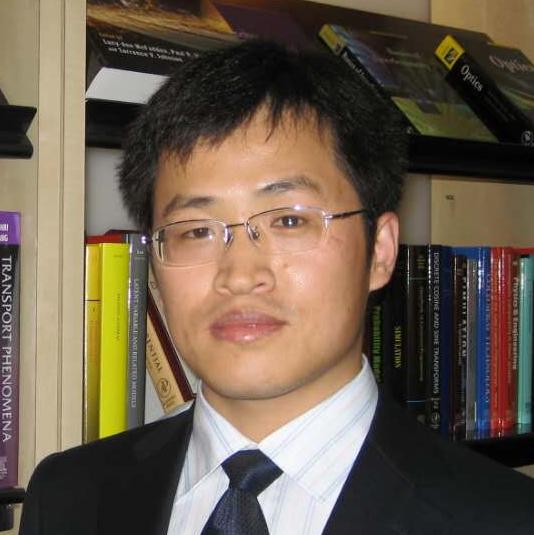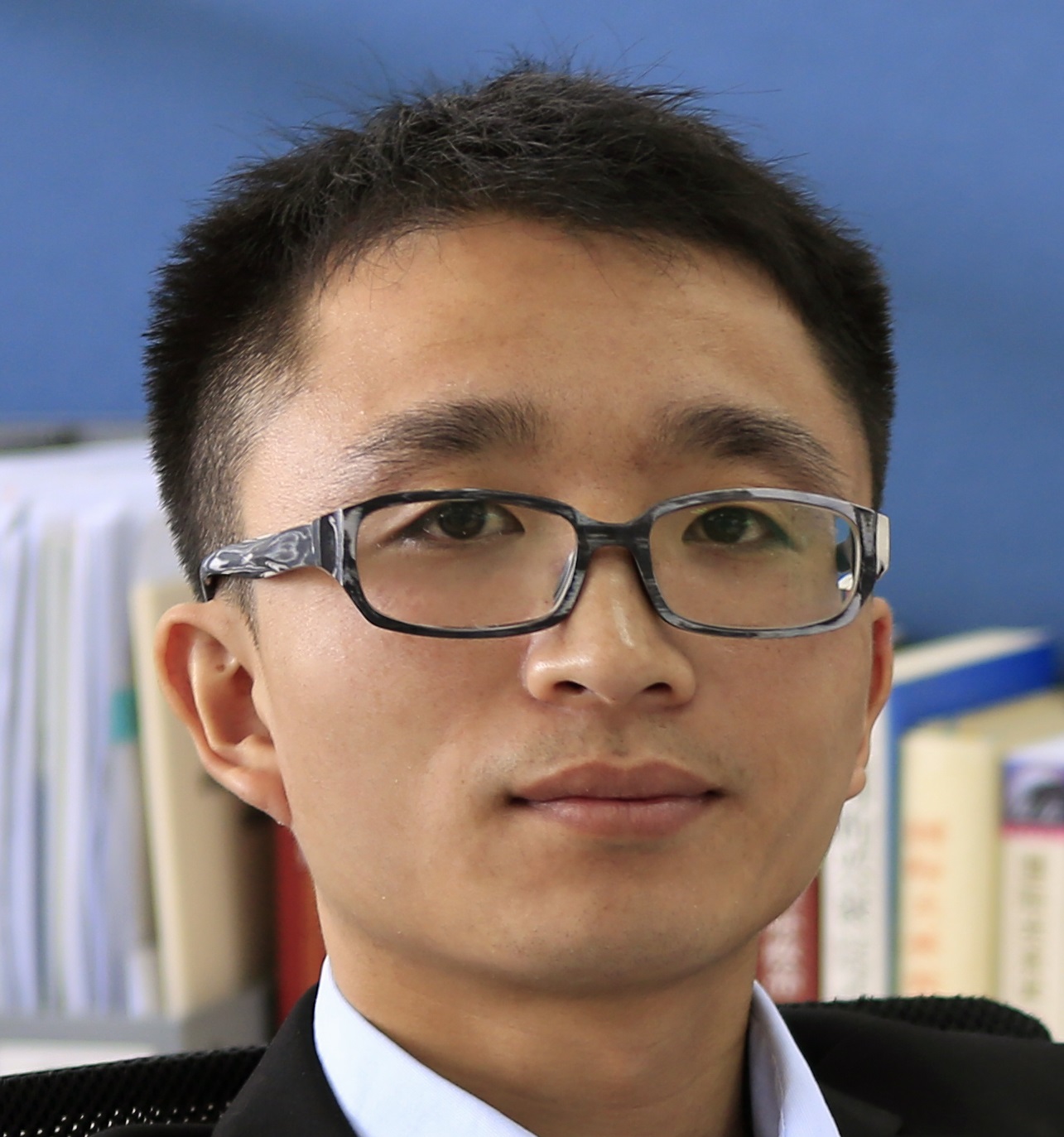The recent terrorist attacks at the airport and subway system of Brussels, known as the heart of Europe, triggered off “a psychological earthquake” among European nations. The extensive impact might have fundamentally shaken the political mindset and political ecosystem in the European countries.
First, the attacks undermined the achievements of the European Union, and sounded an alarm to an integrated Europe, which with the clouds of war dispersed after 1945, has been enjoying peace and prosperity. The Brussels attacks were another violent challenge to the heart of Europe following fatal terror attacks in London, Madrid and Paris. Now, people would have to accept the grim reality that European nations have entered a “new normal” in the fight against terrorism. After decades of concerted efforts by the EU countries, remarkable and significant achievements have been made in EU integration, including the Schengen agreement. The EU nations also represent a role model for common development, which could be borrowed and applied by other countries. The recent terror attacks, however, have placed the sound order of the EU nations under grim test and challenge.
Second, the attacks dealt a blow to the European political ecosystem. After the attacks in Paris and Brussels, intelligence information suggests that European nations could well be be the targets of similar attacks in the future. Under such circumstances, people will be reflecting on the negative effects of regional turmoil and wars on regional economic and political integration, and EU policymakers are also caught in an embarrassing situation of dealing with one emergency after another. These terror attacks not only have directly affected the way of life in the EU nations, but also have posed challenges to European politics and the political ecosystem.
The Brussels attacks serve as another alarm against the backdrop of the global anti-terror endeavor. While reflecting on the roots of the terror attacks and vigorously waging a concerted war against terrorism, all countries should also consider the terror attacks as the driving force for promoting cooperation in the international community and among countries in uprooting terrorism. EU countries should further strengthen political cooperation with the Middle East nations, actively assist in defusing the deep-rooted geopolitical conflicts among those countries, and work to seek political settlements to the various conflicts. Also, the probability for comprehensive cooperation between EU nations and Russia is rising, as the two sides share consensus in fighting against terrorism and seeking stability. The European nations, as allies of the United States, are also obliged to tighten cooperation with Washington, which could help give the US a prominent leading role in the global anti-terror war. At the same time, China, still in the process of economic transformation, continues to be active in meeting its international responsibility, strengthening its economic, political and cultural exchanges and cooperation with European nations, the United States, Russia and the Middle East countries. And anti-terror cooperation is an important part of this broader cooperation.
No doubt, a multi-pronged strategy is the only way to effectively check the spread and spillover of terrorism. At present, terrorism has become a global threat, and there are political, economic and cultural factors behind the rising trend of terror activities. First, on the political front, geopolitical tussles are the root cause of regional conflicts. Second, regional economic tensions since the global financial crisis in 2008 are also one of the causes for social instability in the Middle East. And third, in terms of culture, each civilization is composed of its unique values and universal values as well as a corresponding social system. Any arrogance or prejudice toward different culture, religion and civilization could likely lead to a rebound in terrorist activities. Therefore, only a multi-pronged strategy could help effectively prevent the breeding and spreading of terrorism in the world.
It is a prerequisite to fully understand and recognize racial differences, to respect beliefs of different nationalities, and to offer comfortable and inclusive political and social environment for the minorities and equal opportunities for them to multiply and develop. The European civilization is rich with a complex blend of cultures, and its history has demonstrated the global vision and multi-cultural outlook of the European continent. Seeking development within the global context, elevating Europe’s cohesive force, and integrating and better using European resources are the proven road of development of the European civilization. Meanwhile in the Chinese culture, there are phrases like “seeking harmony in diversity” and “different roads leading to the same destination”. Chinese tradition always advocates openness and respect for different thinking and cultures. The exchanges and coexistence of different civilizations have shaped the views and vision about the world of the Chinese people.
Nowadays, terrorism has become the common enemy of the mankind, and it has also become an urgent task to engage in dialogue among civilizations, to build a new and more impartial and reasonable world economic and political order, and to promote the balanced development of the world. The destiny of all mankind has never been so closely intertwined as it is today, and this is not only the code of conduct for international relations to advocate for inclusiveness, dialogue, cooperation and a win-win outcome, but also the wisdom for peace among different races and different nations. In international relations, the practice of readily resorting to bullying or hegemony or the zero-sum game is against the essence of “civilization”. While vigorously fighting and cracking down on terrorism, it is also the practical need of the world to achieve joint development of all nations, and to let the peoples from different civilizations be immersed in the warm rays of peace and development.



